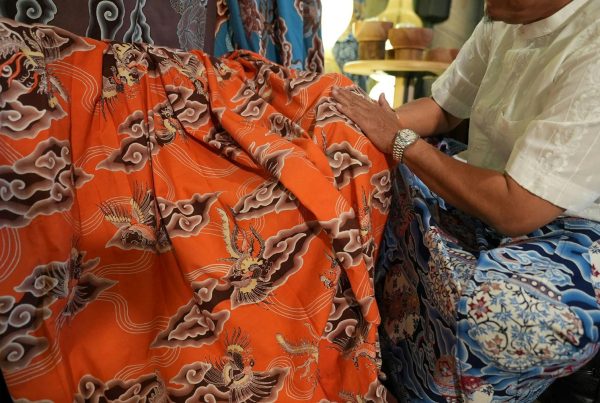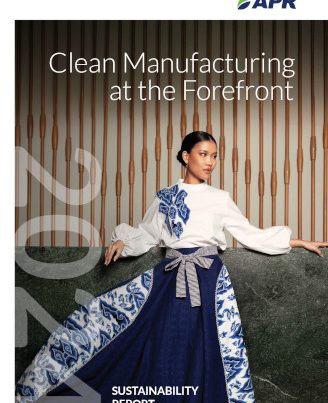
The milestone highlights Asia Pacific Rayon’s leadership in responsible and clean fibre production
In October 2024, Asia Pacific Rayon (APR) proudly achieved the ‘Aspirational’ level of certification under the Zero Discharge of Hazardous Chemicals (ZDHC) programme for Man-Made Cellulosic Fibres (MMCF).
“Achieving the ‘Aspirational’ level a year ahead of our APR2030 target reflects APR’s dedication to cleaner production,” said Saleel Nayak, Head of Operations at APR. “This achievement, received within just five years of operations, highlights our rigorous approach to environmental management.”
Progressing with ZDHC MMCF Guidelines
ZDHC is a global, multi-stakeholder initiative driving the elimination of hazardous chemicals in the fashion value chain. Its Roadmap to Zero programme expanded to include guidelines for MMCF, covering fibre categories such as Viscose Staple Fibre (VSF) produced by APR.
Since beginning operations in 2019, APR has prioritised sustainable manufacturing practices. The company joined the ZDHC initiative shortly after launching its integrated VSF mill in Indonesia, and fully adopted the MMCF Guidelines.
Read more: APR Collaborates with ZDHC to Advance Responsible Viscose Production
To demonstrate adherence to these guidelines, APR submits supporting evidence through supplier’s platform. The evidence detailed our approach to meeting stringent requirements for water management, waste reduction, and chemical safety. Following an independent third-party review, ZDHC officially certified APR at the ‘Aspirational’ level—the highest category for ZDHC compliance, marking the achievement of an APR2030 goal a year ahead of schedule.
Advancing Responsible Production
This certification highlights APR’s commitment to integrating responsible production practices into the textile industry while minimising environmental impact. “Looking ahead, APR remains guided by ZDHC standards and its APR2030 commitment to drive clean, closed-loop production and support Indonesia’s transition to a low-carbon textile economy,” adds Nayak.








